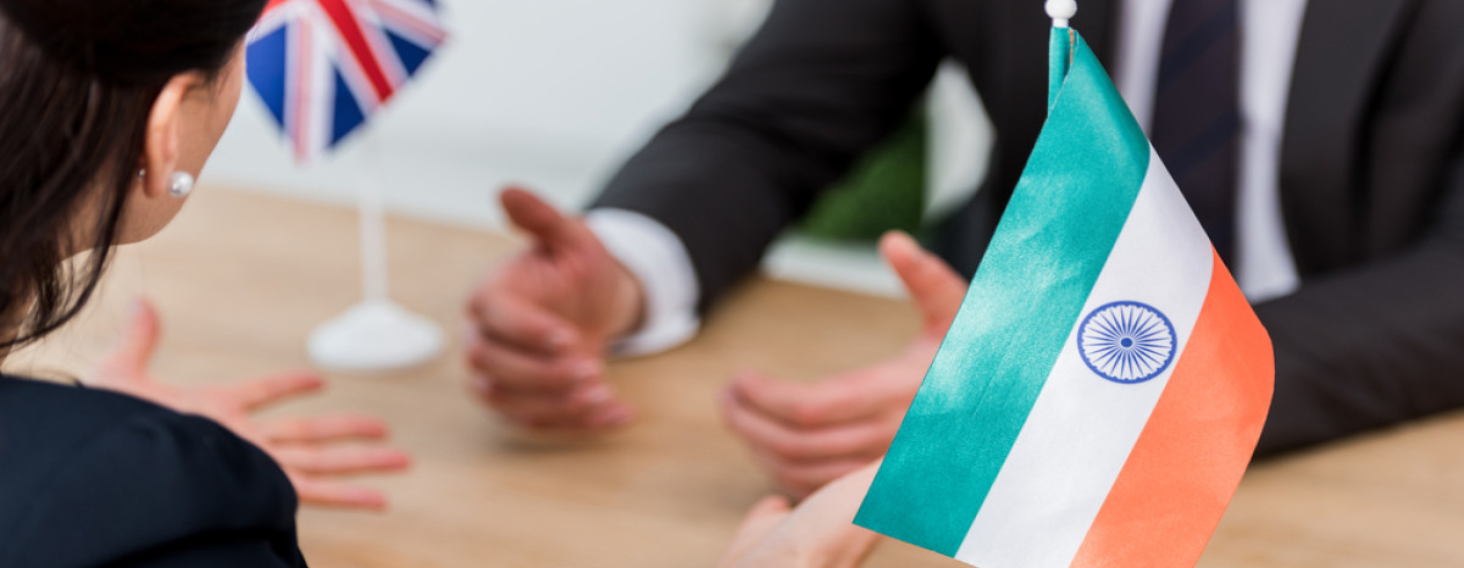The UK and India have today agreed a landmark trade deal which delivers on this government’s core mission of growing the economy, raising living standards, and putting money in people’s pockets.
Indian tariffs will be slashed, locking in reductions on 90% of tariff lines, with 85% of these becoming fully tariff-free within a decade.
Whisky and gin tariffs will be halved from 150% to 75% before reducing to 40% by year ten of the deal, while automotive tariffs will go from over 100% to 10% under a quota.
Other goods with reduced tariffs, which can open markets and make trade cheaper for businesses and Indian consumers, include cosmetics, aerospace, lamb, medical devices, salmon, electrical machinery, soft drinks, chocolate and biscuits.
British shoppers could see cheaper prices and more choice on products including clothes, footwear, and food products including frozen prawns as UK liberalises tariffs.
The deal is expected to increase bilateral trade by £25.5 billion, UK GDP by £4.8 billion and wages by £2.2 billion each year in the long run.
UK businesses gain a competitive edge over international competitors when entering India’s enormous market as it gets even bigger, forecasted to become the 3rd largest global economy within three years.
Anne White, Head of International Trade and Compliance, Thames Valley Chamber of Commerce, said :
The UK-India trade agreement marks a new era of economic collaboration, unlocking immense opportunities for businesses and consumers alike. By reducing tariffs and enhancing market access, this landmark deal is set to boost bilateral trade significantly, fostering innovation and growth in both economies.
She continues “This landmark FTA not only strengthens our strategic partnership but also paves the way for significant economic growth and innovation. With projected increases in GDP and job creation, the agreement underscores the deepening ties between the UK and India, heralding a future of shared prosperity and mutual benefit.”
Business and Trade Secretary Jonathan Reynolds and Indian Commerce Minister Piyush Goyal held final talks in London last week after relaunching negotiations only two months ago. Negotiators across both sides have worked around the clock since February to get this deal done, which is the biggest and most economically significant bilateral trade deal the UK has done since leaving the EU, and the best deal India has ever agreed.
At least 1.9 million people with Indian heritage call the UK their home and striking this deal will strengthen the vital partnership between the two democracies. The benefits for UK businesses and consumers under this deal are massive, with wins across an array of sectors.

